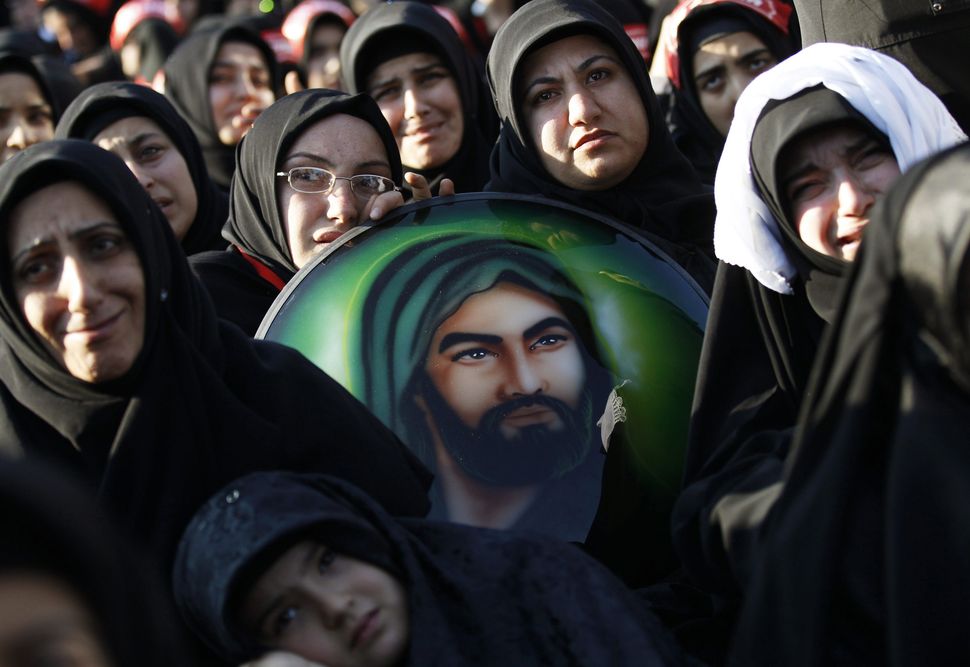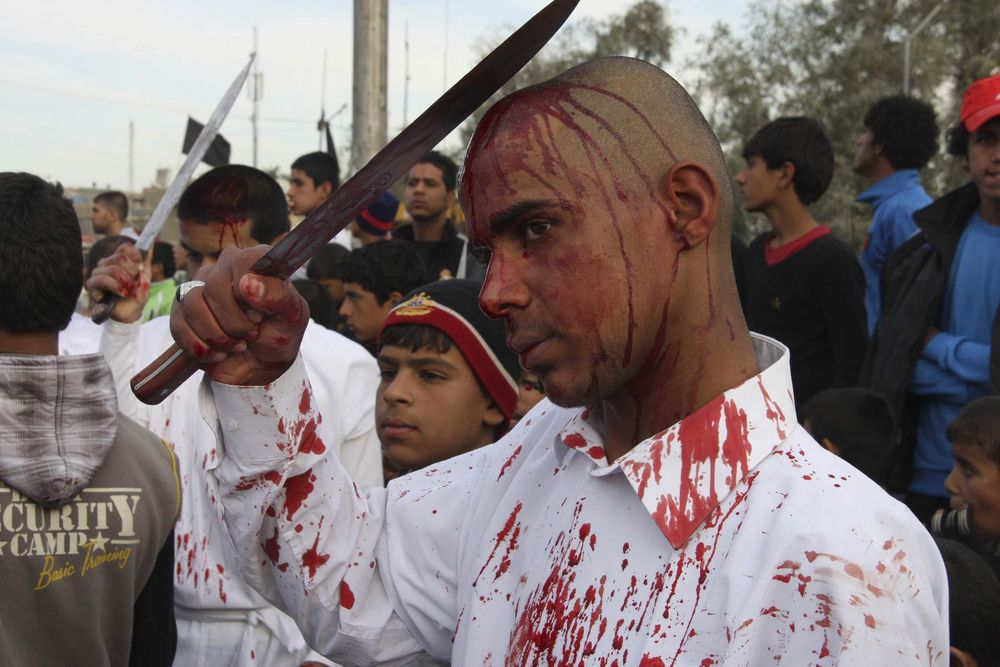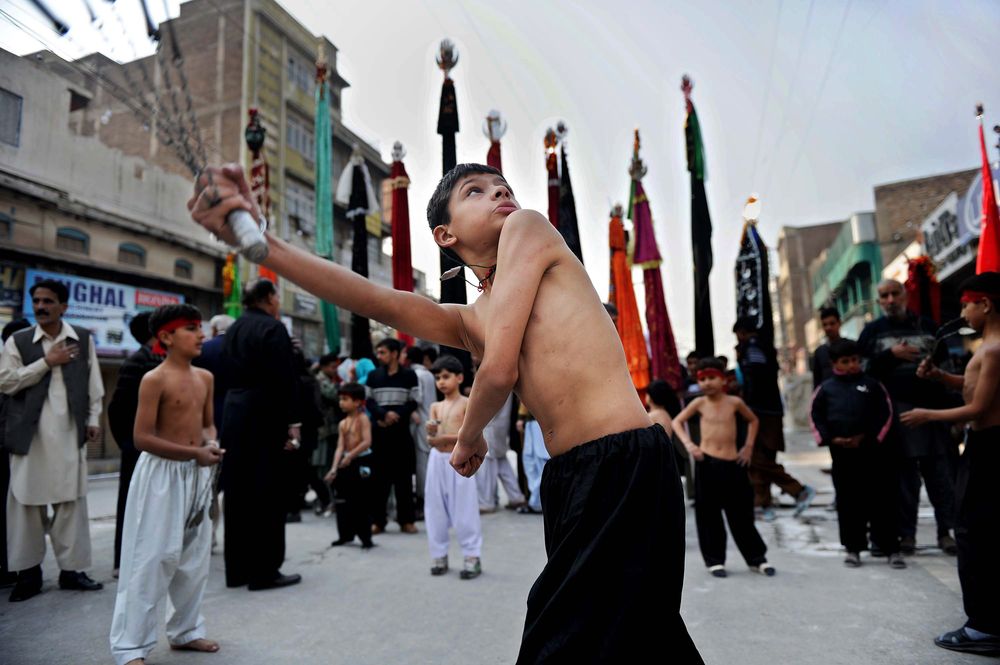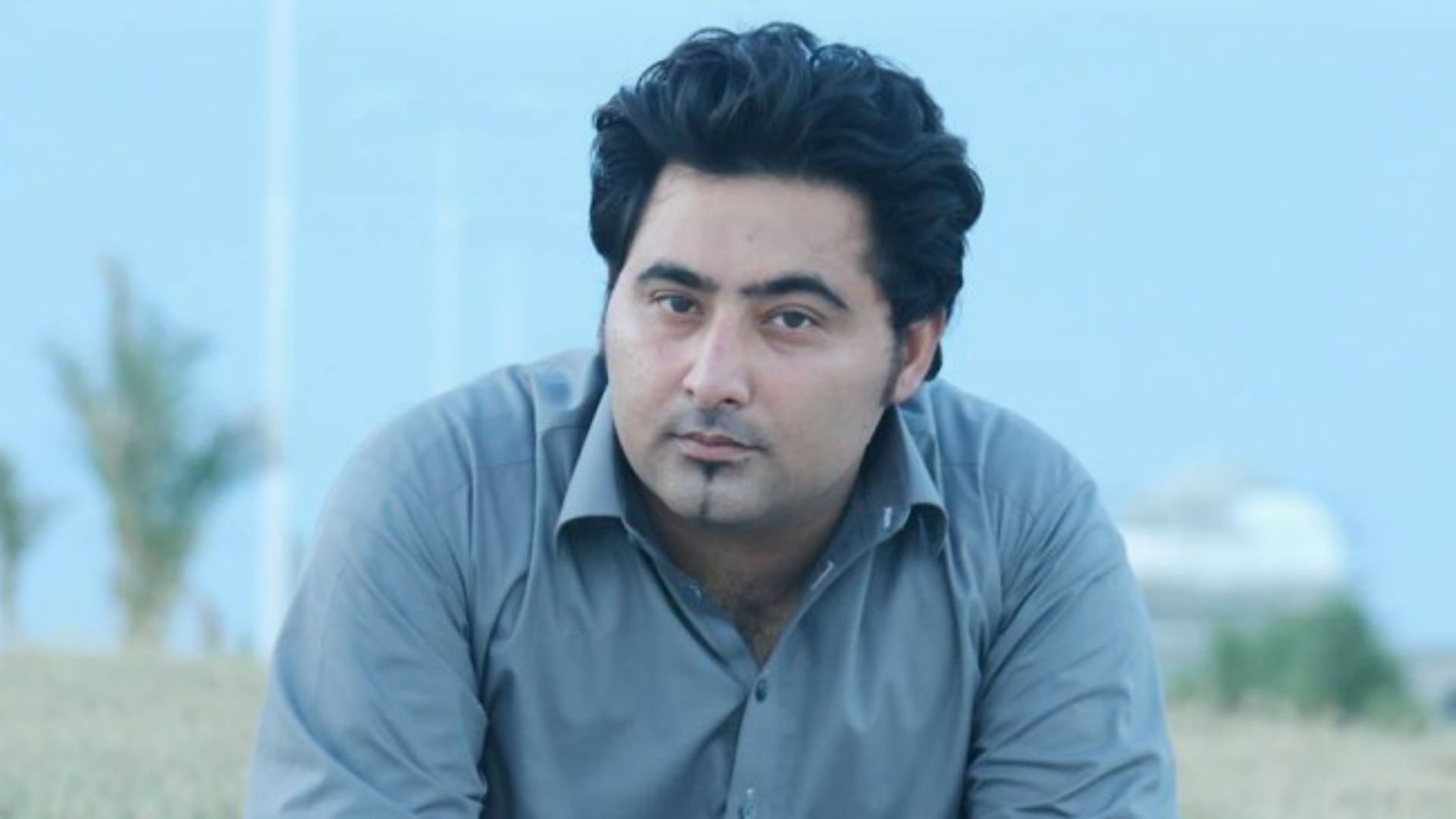
Kubra’s Story: When Home is No Longer a Haven
” ‘The day you step foot in Pakistan, as soon as you get out from the airport we will kill you’, said my mother.” Kubra recounts her experiences as a child in a devout Shia household and the price she pays for critically confronting her religion.
Sarah Mills
Her mother threatened her with death, recounts a woman who agreed to let me refer to her as Kubra.
” ‘The day you step foot in Pakistan, as soon as you get out from the airport we will kill you’, said my mother. I had just told her that I had left Islam when she asked me to come back to Pakistan as she missed me. I had to tell her why I could not return to my home country and so she gave me this angry impetuous response.”
Kubra was born in Lahore to a conservative, devout Shia family. From a young age, she relates, Islam was the “be all and end all” of her identity.
“During my youth I was fairly observant. The Mourning of Muharram was a spectacle that initially planted the seed doubts in my mind as to the sanity of what I was being taught.”
Muharram is a sacred month in the Islamic calendar, with Ramadan following it. On the tenth day of Muharram, Shia Muslims commemorate the Day of Ashura to mourn the death of Imam Hussein, fasting and often engaging in self-flagellation in respect for the sacrifices of martyrs.

“Seeing my parents do this to themselves seemed very strange and I questioned the reasoning and rationality behind inflicting pain upon yourself. In some instances, my father and cousins used swords and knives upon themselves.”
Photographs from Ashura gatherings offer, for the average, unaccustomed beholder, a shocking glimpse into the world of religious piety taken to an extreme. Men, drenched in blood, repeatedly strike themselves with swords over the head or else use scourges to flagellate themselves. Sometimes, even young boys can be seen taking part in the processions.


At the age of twenty three, Kubra moved to London. Experiencing a different culture provoked more questions on her part. With the practices that had initially disturbed her as a child serving as a launching pad, she delved into further inquiry.
“I began to look at Islam more broadly, then at the doctrinal justifications behind the atrocities jihadists were committing. I looked at the role of women in the holy texts and was appalled at how women were considered inferior. I came to the conclusion that there was no way a benevolent god could dictate or even approve of such behavior. It seemed more to be something fabricated by sex and power hungry men in the seventh century. This eventually led me to reject the religion as whole, although, at the time, I still believed in a vague creator god of sorts. A few years later, however, I became atheist. The idea of a god seemed completely unnecessary.”
Two years ago, Kubra was engaged in a heartfelt conversation with her mother. She had been in London a few years ago and her mother had asked her to come back to Pakistan. She had been facing financial difficulties and feeling lonely in London.
“In an emotional state, I blurted out that I could not return to Pakistan as I had left Islam.”
Her mother immediately slammed the phone down. They had another brief conversation a few weeks later wherein her mother told her, in no uncertain terms, that she would be killed upon return to Pakistan.
“This was the last conversation I had with my parents. Two years ago.”
Kubra is now applying for political asylum in the United Kingdom. Serious dangers potentially face apostates and those who are openly critical of religion. Pakistan’s penal code criminalizes any sort of criticism of Islam and its prophet with a blasphemy law that employs punishments ranging from a fine to the death penalty. There have also been instances in which lynch mobs have attacked, in some cases killing, those alleged to have criticized Islam, with Mashal Khan being a famous case.

“I wholeheartedly believe in Article 18 of the UN’s declaration of Human Rights (of which the United Kingdom is a signatory), which ensures freedom of thought and the freedom to change, leave, or join a religion. This right would be severely infringed if I were forced to return to Pakistan, where I could face criminal charges merely for my thoughts.”
Kubra’s application for political asylum in the United Kingdom is still in process.